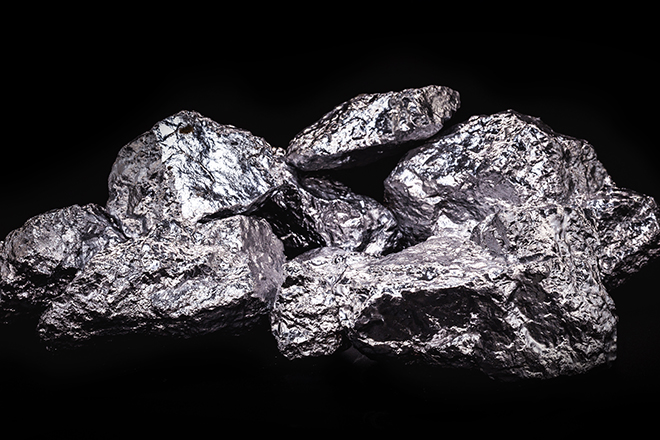An MIT research group has developed a metal processing approach that may help prevent rare metal shortages in the future by identifying and separating rare metals from mixed materials.
MIT Professor of Metallurgy Antoine Allanore and graduate student Caspar Stinn relied on a modified form of sulfidation to identify and separate 15 elements, including the cobalt in recycled lithium-ion batteries. According to MIT News, the approach could prevent future shortages “by making it easier to separate these rare metals from mining ores and recycled materials.” While the prevailing mode of processing includes going through enormous amounts of material to get to the rare metals as well as dissolving and reprecipitating elements, Stinn and Allanore’s approach maintains the metals as solids.
In an article published in Nature, Stinn and Allanore report that, compared to liquid-based separation, their method could reduce the cost of metal separation between 65 and 95 percent, and reduce greenhouse gas emissions between 60 and 90 percent. The group is taking steps towards deploying the approach on a larger scale.
“We are discussing what it would take to demonstrate the performance of this approach with existing mineral and recycling streams,” said Allanore.
Source: MIT News



















































